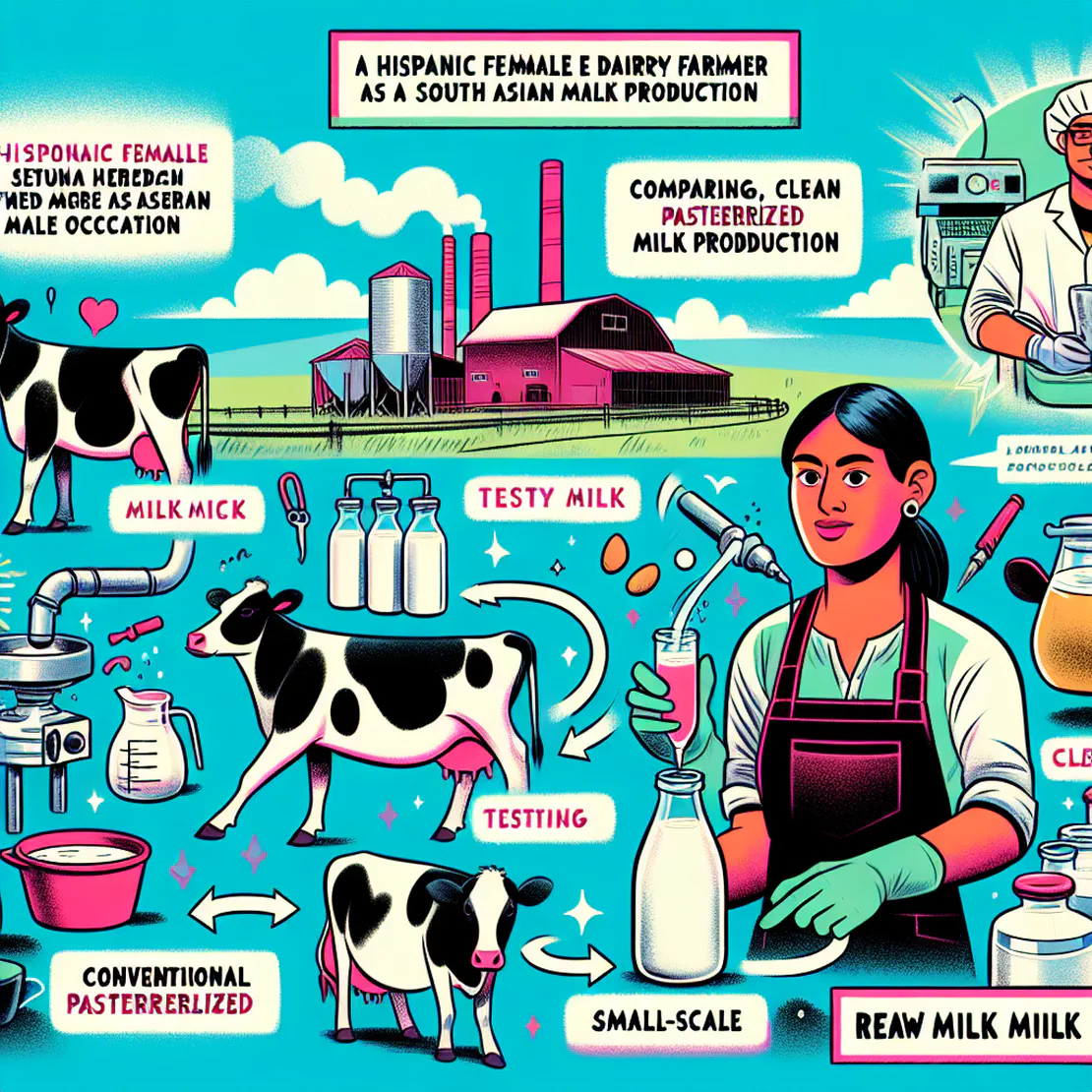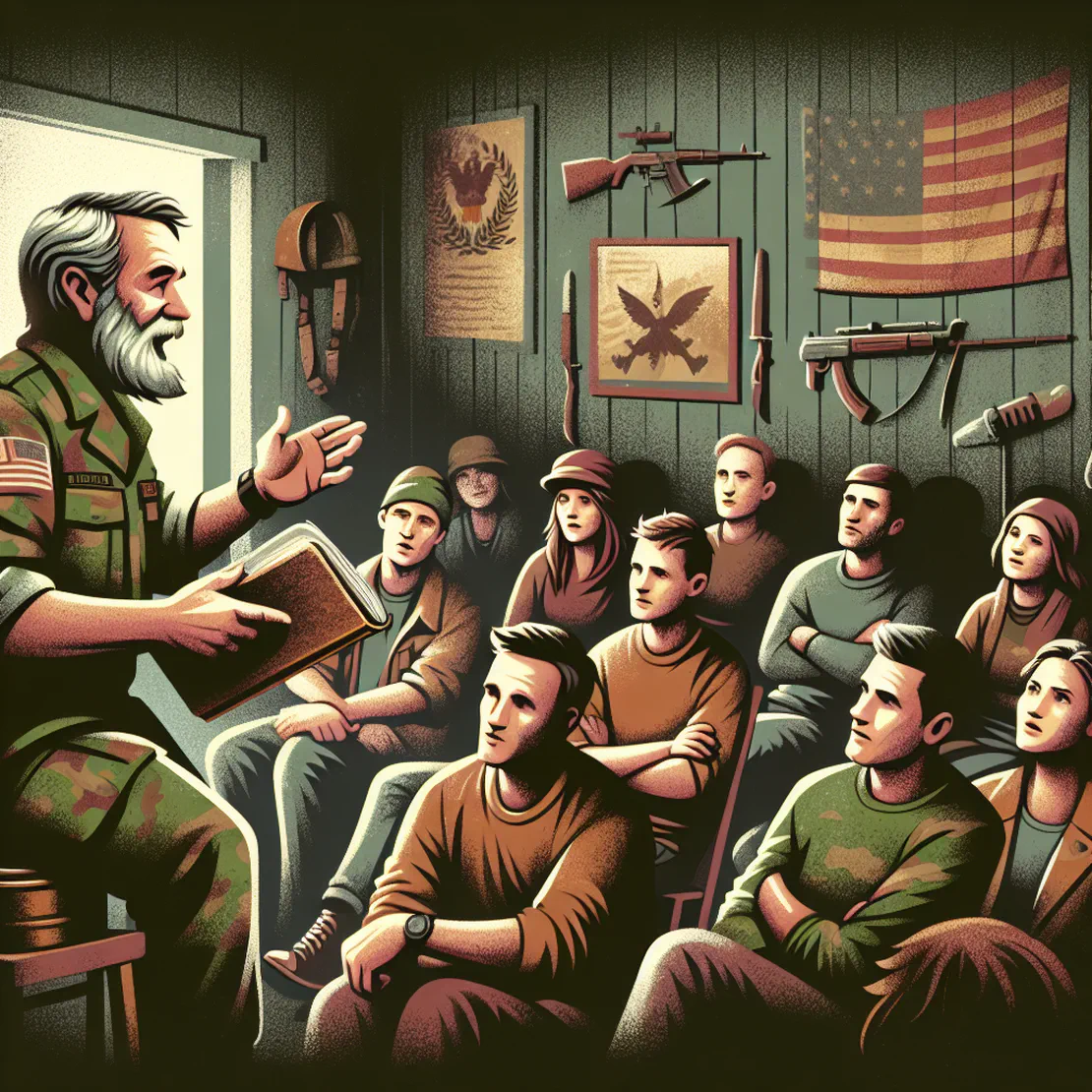
#2198 - Bret Weinstein
- The Joe Rogan Experience
- Evolution , Darwinism , Creationism , Simulation , Science
- September 4, 2024
Table of Contents
At a Glance
-
Concerns About Future Conversations - ‘Do you think in the future we’ll look back on this and there’ll be some sort of a shift in the way we discuss it?’ This question raises the issue of how current events and actions might be perceived differently in the future, similar to historical reassessments of past events like the McCarthy era.
-
Mixed Narratives of History - ‘There was more truth to it than I was taught, right? The Rosenbergs really were guilty of passing secrets to the Russians.’ This point highlights the complexity of historical events that are often oversimplified in narratives, suggesting a more nuanced understanding is necessary.
-
Concerns About Historical Record - ‘You need to be able to create a record of what took place that has been exposed to some kind of analytical standard so that you can correct your course.’ Emphasizes the importance of maintaining accurate historical records to understand past actions and inform future decisions.
-
The Red Scare’s Impact - ‘The Red Scare is a weird example because people would like to kind of dismiss the impact that the communists, especially Russia, was having on our government.’ This comment points out that while the Red Scare is often viewed negatively, there were genuine concerns about espionage that complicate the narrative.
-
Discovery of Misinformation - ‘You grow up comfortable that you understand what happened during the Red Scare. And then one day, you’re doing a little reading and you discover the story just isn’t the one you were taught.’ Highlights the personal impact of discovering historical inaccuracies and the importance of independent learning.
-
Censorship Concerns - ‘Nobody has the position from which to say which speech has no value. So that’s off limit.’ Discusses the dangers of censorship and the importance of protecting free speech, even if the views expressed are unpopular or controversial.
-
Event Planning to Rescue the Republic - ‘This is an attempt to gather the unity movement that is forming at this moment.’ Indicates the organization of a significant event aimed at addressing and potentially correcting perceived threats to democratic principles.
-
Misinterpretations of Public Figures - ‘There are some other folks that we are negotiating with to see if we can get them there. Some very big names.’ Reflects on the challenges and complexities of public perception and media representation of individuals involved in political and social debates.
-
The Role of Violence in Society - ‘Non-consensual violence is always the last resort.’ Clarifies the stance on violence, distinguishing between consensual participation in combat sports and non-consensual acts of violence, emphasizing it as a last resort in societal conflicts.
-
Urgency of Addressing Current Issues - ‘I’m concerned that we are facing the last opportunity to wield the power that remains in our Constitution in order to preserve the West.’ Expresses a deep concern for the current political and social trajectory and its potential irreversible impact if not addressed promptly.
What to Do
-
‘Violence is the last resort’ - ‘Emphasizes the importance of resolving conflicts through non-violent means whenever possible, highlighting the value of dialogue and understanding over physical confrontation.’
-
‘Restore the environment in which the body knows how to take care of itself’ - ‘Encourages a holistic approach to health, focusing on creating conditions that support the body’s natural processes rather than relying solely on medical interventions.’
-
‘You have a right to be incorrect’ - ‘Supports the idea of intellectual freedom and the importance of allowing people to make mistakes and learn from them, fostering an environment where growth and understanding can occur.’
-
‘Return to a modality of truth-seeking’ - ‘Advocates for honesty and integrity in information and education, stressing the need for transparency and truthfulness in all forms of communication.’
-
‘Engage in open discussions’ - ‘Promotes the free exchange of ideas and opinions, which is essential for democratic societies and helps in making informed decisions and understanding diverse perspectives.’
-
‘Recognize each other as allies’ - ‘Encourages unity and collaboration, recognizing that despite differences, working together can lead to solving common problems and achieving shared goals.’
-
‘Be prepared to correct your course’ - ‘Acknowledges the importance of adaptability and learning from past actions to improve future decisions and strategies.’
-
‘Understand the difference between a complex system and a complicated one’ - ‘Highlights the importance of recognizing the unpredictability of complex systems like human biology, which requires a thoughtful and cautious approach to interventions.’
What to Get
-
Gravity Drone - Mentioned as a hypothetical advanced technology that could move at high speeds silently, used for deception or surveillance.
-
Radar - Used for detecting objects in the sky, specifically mentioned in the context of tracking unidentified flying objects.
-
Projection Rechnology - Hypothetically used to create visual illusions of objects such as UFOs, to deceive or mislead observers.
-
Listening Devices - Amazon - Used historically for espionage or intelligence gathering, specifically in the context of identifying and capturing conversations.
-
Best Evidence: Disguise and Deception in the Assassination of John F. Kennedy by David S. Lifton - Amazon - Used for gaining a deeper understanding of historical events and government actions, influencing one’s view of the world.
Summary
In this podcast episode, the conversation delves into a variety of thought-provoking topics, primarily focusing on the implications of free speech, historical narratives, and the role of government actions both in the past and present. The speakers discuss the delicate balance between protecting civil liberties and the potential overreach of government authority, particularly highlighting the First Amendment and its critical role in safeguarding freedom of expression.
One of the central themes of the episode is the concern over how speech is regulated and the potential consequences of limiting what can be said in public discourse. The speakers argue that no single entity should have the authority to determine the value of speech, emphasizing the importance of debate and the exchange of ideas in a democratic society. This discussion is juxtaposed with a planned event called “Rescue the Republic,” aimed at uniting various groups to protect foundational civil liberties and promote a new era of cooperation and understanding, moving past divisive ideologies.
The conversation also touches on historical perspectives, particularly the Red Scare, and how past events are often oversimplified or misunderstood. The speakers reflect on the complexity of historical events and the importance of nuanced understanding rather than accepting simplified narratives. This leads to a broader discussion on the potential distortions in recording and interpreting current events and the necessity for a reliable historical record to inform future generations accurately.
Throughout the episode, the speakers express a deep concern for the current state of political and social discourse, the erosion of trust in institutions, and the potential long-term consequences if these issues are not addressed. They advocate for a more informed and engaged public, capable of critical thinking and resisting oversimplified narratives about complex issues. The episode challenges listeners to think critically about the information they consume and to seek a deeper understanding of the forces shaping their world.


